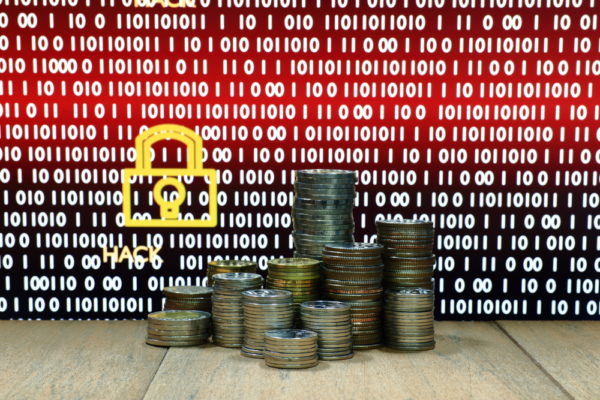A virtual local government lockdown in Atlanta following a ransomware attack has shaken concerned parties all across the US. Several cities and local administrations have started to reassess their digital security after seeing the ransomware horror show in Atlanta.
Experts at University of Wisconsin-Madison (UW-Madison) are also analyzing the attack in depth and its possible repercussions for the city of Madison, the state’s capital. David Schroeder is the cyber security strategist at the UW-Madison. According to him, such attacks can affect any local government since all of them are now heavily dependent on computers. He says that only better security measures can mitigate ransomware activity. Moreover, immediate commencement of ransomware removal activities is also important to lessen the impact of any of such attack.
Although FBI and other law enforcement agencies and cyber security experts advise against paying money to the attackers, because it can promote the trend of this virtual extortion. However, there are many caveats attached to the situation. Bob Turner, the Chief Security officer at the UW-Madison, has pointed towards the nuances that come into play and forms the conundrum of ransom payment following such attacks.
He gives the example of ransomware attack on a healthcare organization where the authorities might bend to pay the attackers to not risk the leakage/destruction of confidential information of patients. Similarly, an organization might find payment of ransom a better option instead of calling for ransomware removal to prevent any irrevocable losses.
Turner also indicates the side effect of human’s overreliance on the technology. Increased pervasiveness of Internet of Things has made us more vulnerable to the shenanigans of cyber criminals, according to Turner. Technology has enabled the intangible and virtual motifs to cause material damages. A case in point is Colorado’s Department of Transportation that has spent more than one million dollars to recover from the activity of a cryptographic code that doesn’t exist in a physical form.
Experts at UW-Madison are in consensus that only continuing preparation against the evolving ransomware threat can protect users from taking a decisive blow from the cybercriminals.



